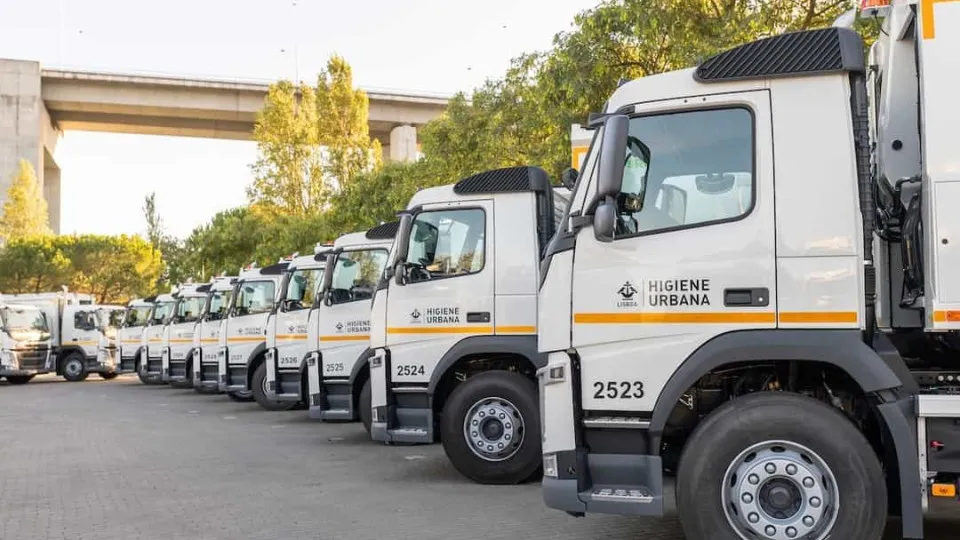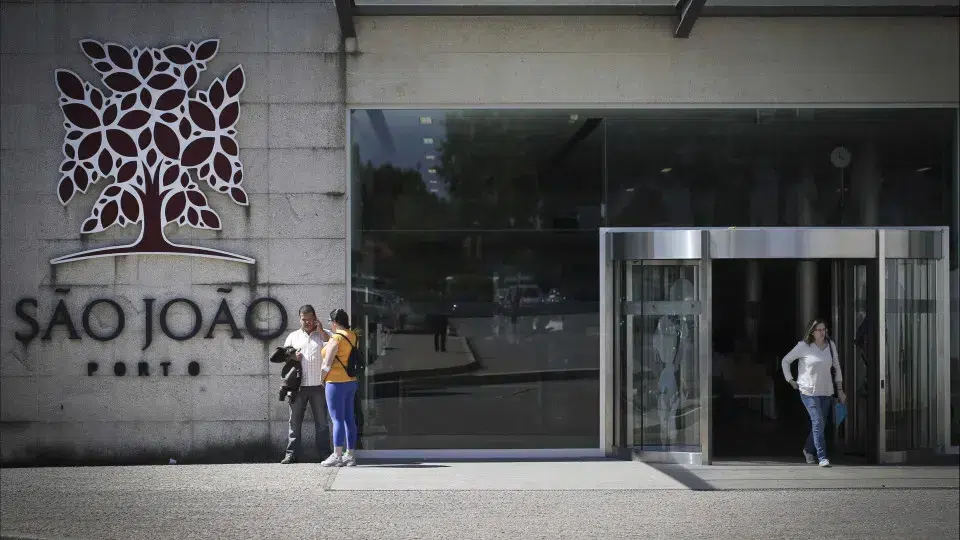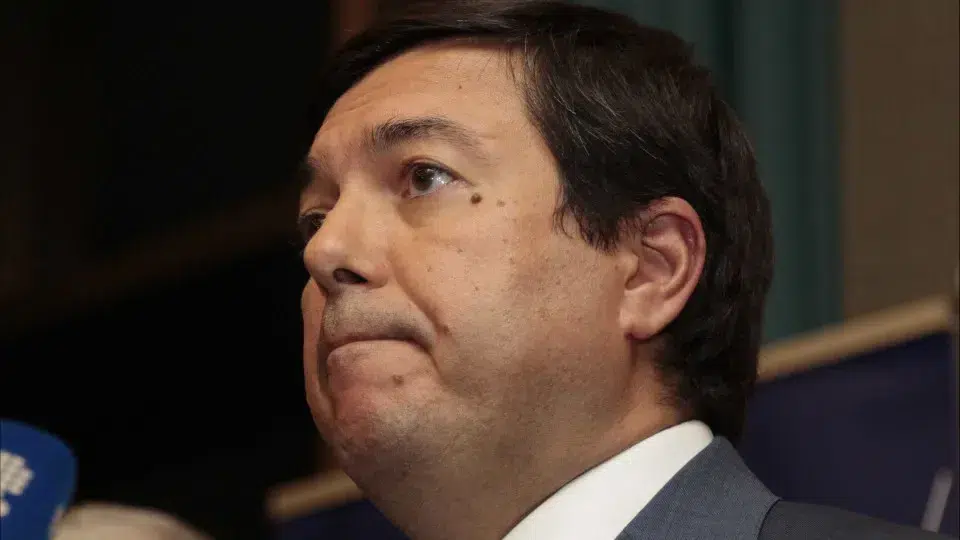
In an interview regarding the local elections on October 12, Luis Capão, the president of ALU, discussed how Portuguese municipalities are addressing urban hygiene issues. He emphasized that although municipalities have increasingly invested in this sector, they face challenges due to a shortage of workers.
Capão, who also heads Cascais Ambiente, highlighted mayors’ growing awareness that urban cleanliness is an asset and an attraction for investment, contributing to the area’s value.
“A clean city is an attractive, dynamic city with a higher quality of life,” he stated.
He noted that urban hygiene would be a topic in political campaigns, either as a responsibility of current leaders or a point of contention for opposition parties, particularly those with a more populist approach.
“Those seeking new political ground in municipalities governed by other parties or coalitions often focus on urban cleanliness, as it has been a point of tension in cities despite significant improvements,” he pointed out.
Capão attributed the root of urban cleanliness issues not to cities’ inability to respond but to a lack of civic responsibility among the population.
“This lack of civic responsibility exists among people who do not identify with the investments municipalities often make,” he expressed.
When asked about current urban cleanliness management models and whether they should be the municipalities’ responsibility or shared with the government, Capão advocated for approaches tailored to each area’s reality, preferably within the municipalities’ domain.
“Centralization often fails. There are examples where centralization didn’t work well and vice versa. I don’t think there’s a single solution. Each municipality should apply measures that yield the best results rather than those set hierarchically,” he argued.
Regarding the delegation of urban hygiene responsibilities to parishes, Capão noted that some municipalities require autonomy, while in other cases, granting these responsibilities would be “redundant.”
Overall, he described urban hygiene as a strategic sector employing over 12,000 directly and 9,000 indirectly, generating approximately 600 million euros in annual value.
Capão observed a rise in urban cleaning costs from 30 euros per resident in 2021 to 39 euros in 2023, driven by the “valuation of human resources and population growth.”
Textile waste collection by municipalities, now mandatory, remains “quite disorganized,” lacking “clear regulation.”
“This collection has been conducted quite anarchically by companies serving their operational interests. Often, containers are placed in inappropriate locations without municipal authorization. I hope this management delegation to municipalities will allow this flow to be organized and regulated,” he argued.
Capão warned of the country’s recycling lag, noting that the 2025 goals aimed for 55%, while current rates are only 40%.
“What matters is having systems that are straightforward, easy to implement, well-explained, and flexible, allowing for easy public adherence,” he advocated.
The Urban Cleaning Association, founded in 2019, currently comprises 76 municipalities and companies.




